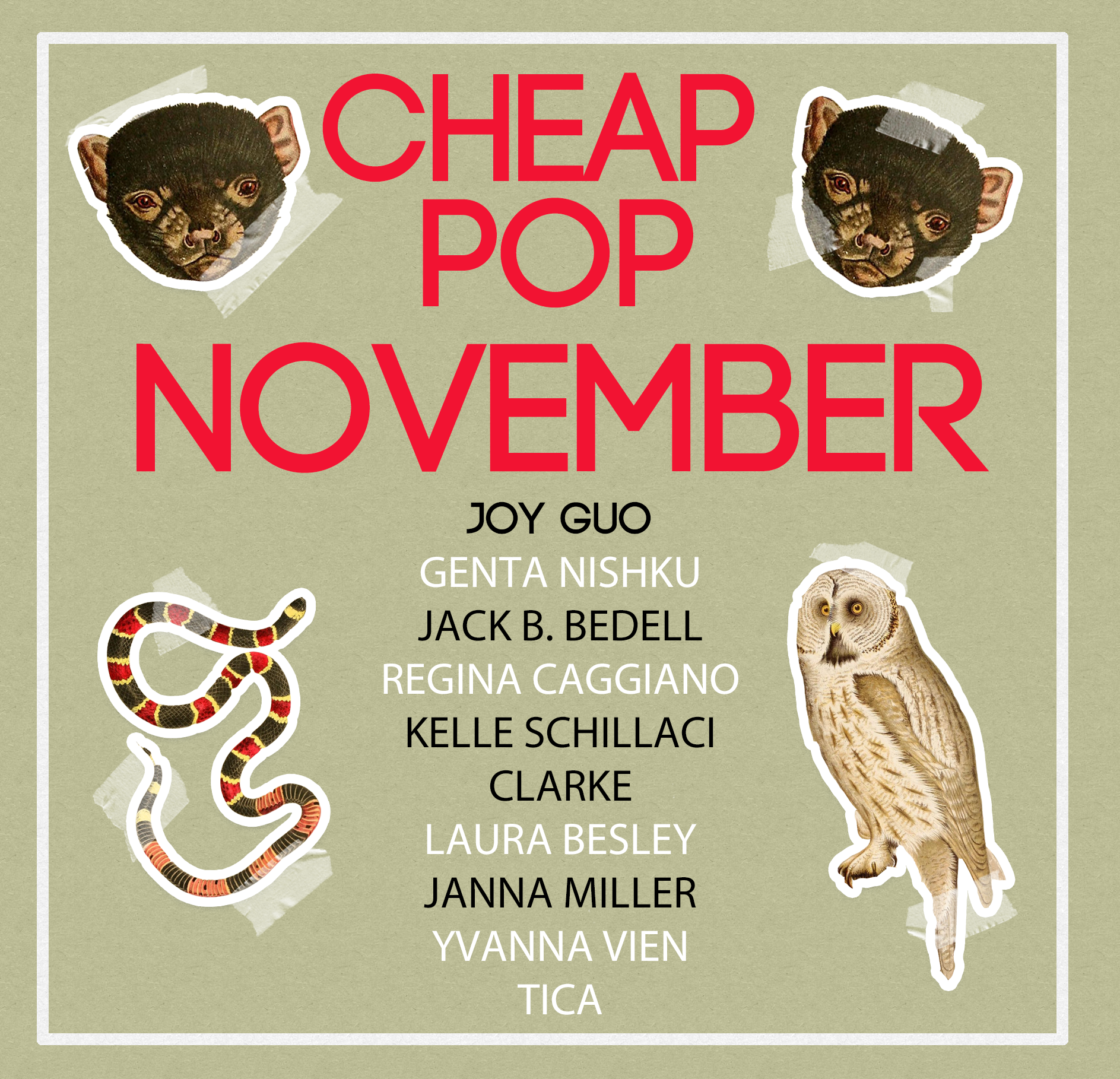THE FULL THING — COLIN LUBNER
/The boy asks his friend if he's ever seen the full thing. What full thing? Of what? You know, the boy says. On PornHub, after you finish—after you finish watching the video, I mean—the option comes up, “Watch the full video here!” What I’m asking, I guess, is if you’ve ever clicked on that? Have I ever gone on Brazzers, you mean, the boy’s friend interprets. Bangbros. Have I ever paid for it. For one of the independent sites themselves. He then proceeds to list over one hundred supplementary pornographic sources, none of which the boy knows. The boy's head is spinning. By the time his friend finishes, his friend is nearly no longer his friend. Any of those, you mean? I guess so, the boy says. The boy’s friend shakes his head. No, he says. Five minutes. Ten, max. That’s more than enough for me. The boy nods. But when he gets home that day he locks his bedroom door, brings up PornHub, scrubs to the end of a video in which a girl pretending to be the stepsister of an actor pretending to be her stepbrother straps on a strap-on and uses it to satisfy his mother (her stepmother) while he and her father (his stepfather) look on. When the pop-up pops up, he clicks on it. The video takes a while to load, his computer hitching and glitching, convincing him to briefly re-believe in (and promptly pray to) God. With this taken care of, he considers filling his pockets with the steel miniatures he collected in elementary school and walking into the nearest lake, but decides against it. The website loads. He accepts the offer of a one-month trial. He enters his mother’s Visa, which he’s had memorized since he was ten. He sets a reminder on his iPhone to cancel the subscription as soon as he’s done. He clicks on the first video. His penis is a caterpillar unwilling to cocoon. He shivers. God, how had never acknowledged how cold it got down there? The video is of him, hunching over his desk, watching a video of him, hunched over his desk. He turns to the window but sees only his reflection. He turns back to the screen. He closes the window. The website’s window, that is. His bedroom window, thank God, is already closed. Still, he checks that it’s locked. It is. He wipes his browsing history. He goes downstairs and watches The X Factor with his mom and dad. He eats little for dinner. The next day, he tells his friend he watched the full thing. Oh yeah, his friend says, impressed. How was it? The boy shrugs. Nothing special, he says. And like, I don’t know, I think I might be done with all that? For a little while, at least. But that day, after school, he navigates to the video again. And this time, and so too every time after, he watches the full thing.
Colin Lubner is figuring it out. You can observe his progress from afar on Twitter: @no1canimagine0.













